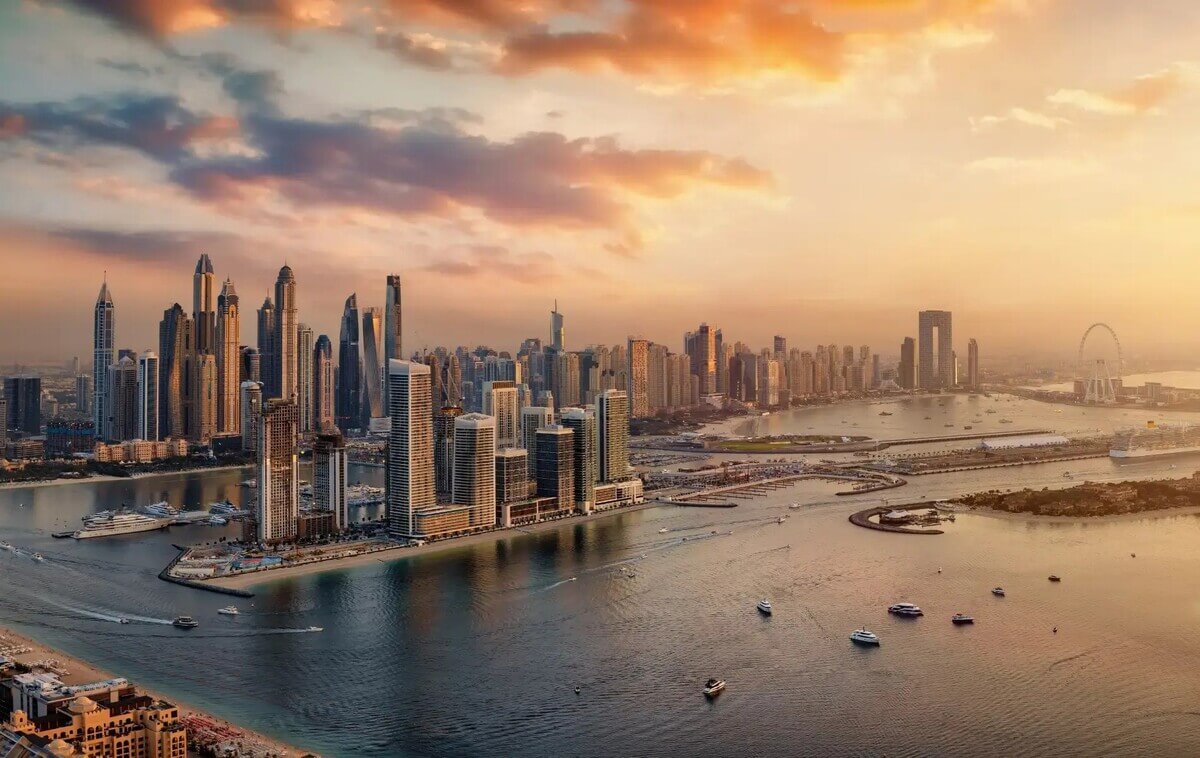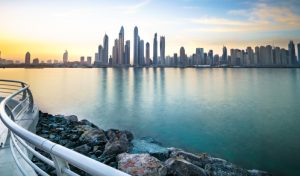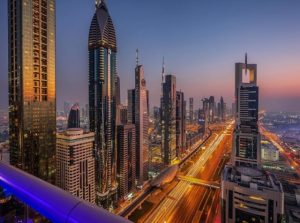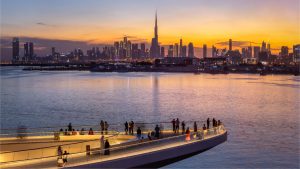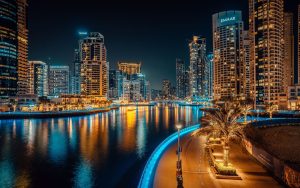سلسلة النجاحات في دبي
· معاملات قياسية: على مدار عامين متتاليين، تصدرتدبي المؤشرات العالمية في نمو الصفقات.
· طفرة الفخامة: فلل نخلة جميرا وإميريتس هيلزتجاوزت قيمتها 100 مليون درهم، وبعضها وصل لأكثر من 200 مليون.
· سيطرة العقارات على المخطط: أكثر من 60% منالصفقات في مطلع 2025 كانت لمشاريع على المخطط، ما يعكس ثقة قوية بالمستقبل.
لماذا تتفوق دبي؟
1. القيمة مقابل المال: حتى مع الأسعار الحالية،تمنح دبي مساحات أكبر بكلفة أقل من معظم المدن العالمية.
2. أسلوب حياة متكامل: شمس طوال العام، أمان، مدارس،رعاية صحية — ما يجعلها مدينة للحياة لا للاستثمار فقط.
3. جاذبية الإقامة الذهبية: ربط تملّك عقار بقيمة 2مليون درهم بالإقامة الطويلة ولّد طلباً مستمراً.
4. غياب الضرائب العقارية: ميزة تقنع المستثمرينالدوليين بسرعة.
الطلب في 2025
· المشترون النهائيون: كثير من المقيمين اتجهواللشراء بدلاً من الإيجار بسبب ارتفاع الأسعار.
· المستثمرون العالميون: من أوروبا، الهند، الصين،وحتى أمريكا الشمالية.
· الأثرياء: عائلات ثرية ما زالت تختار دبي كملاذآمن.
التحديات المحتملة
· ضغوط القدرة الشرائية لذوي الدخل المتوسط.
· مخاطر وفرة المعروض في بعض المناطق.
· تأثيرات الاقتصاد العالمي مثل أسعار الفائدة أوالنفط.
عامل العقارات على المخطط
يبقى حجر الأساس في نجاح السوق. خطط دفع مرنة وأسعارإطلاق جذابة وعلامات تجارية عالمية تجعلها الخيار الأول للمستثمرين. لكن النجاحمرهون بسمعة المطوّر وقدرته على التسليم في الوقت.
مقارنة بالأسواق العالمية
· لندن: ضرائب مرتفعة وعدم يقين سياسي.
· هونغ كونغ: تحديات جيوسياسية ومساحة محدودة.
· نيويورك: أسعار مرتفعة وتكاليف تشغيل متزايدة.
بينما دبي تقدم مزيجاً من الكفاءة الضريبية، أسلوب حياة،وأسعار ما تزال أقل في شريحة الفخامة.
دلائل الاستدامة
· رقابة تنظيمية أقوى من RERA وDLD.
· ارتفاع المشترين النهائيين يقلل الاعتماد علىالمضاربين.
· مشاريع بنية تحتية وثقافية تعزز الطلب المستقبلي.
انطباع المستثمرين
التوقعات تشير إلى نمو أهدأ وأكثر استدامة. بدلاً منزيادات 20–30%، التقديرات تميل إلى نمو معتدل بأرقام فردية في المناطق الرئيسية،مع مكاسب أكبر في المجتمعات الناشئة.
الخلاصة
نعم، يمكن لدبي أن تظل السوق الأكثر سخونة عالمياً في2025، لكن بشرط الحفاظ على التوازن بين العرض والطلب وبناء الثقة والاستمرار فيالاستثمار بالبنية التحتية. النمو السريع لن يستمر بلا حدود، لكنه ليس ضرورياً. ماتحتاجه دبي — ويبدو أنها تتجه نحوه — هو نمو مستقر، طلب قوي على الإيجارات، وسوقأكثر نضجاً واستدامة.
